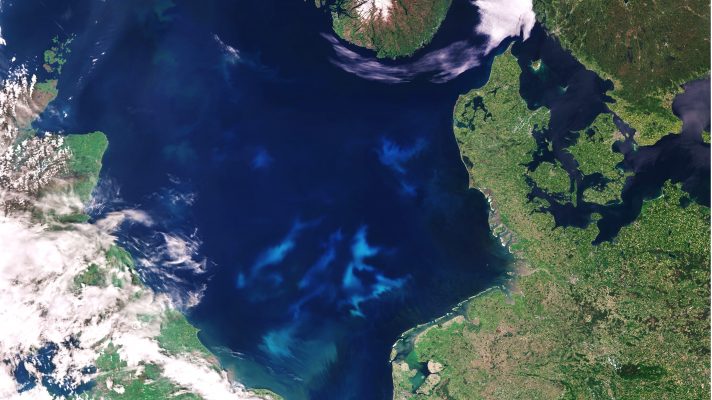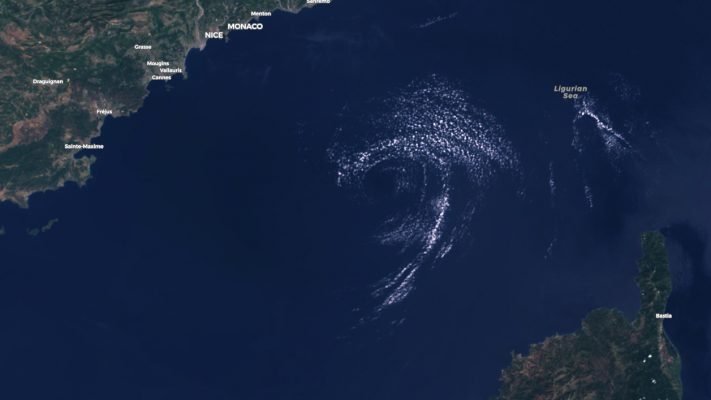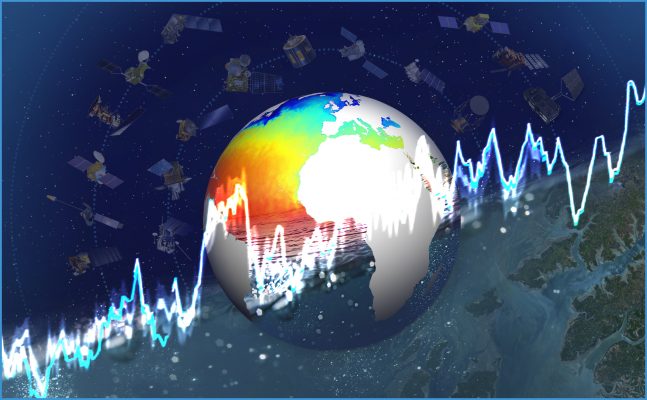Global variability of optical backscattering by non‐algal particles from a biogeochemical‐Argo data set
The quality of estimations for carbon export and sequestration depends on how well the spatio-temporal dynamics of non-algal particles in open ocean are understood. Non-algal particles include organisms such as bacteria or viruses, cell debris and other organic particles, as well as mineral particles, bubbles and plastics. The accumulation of these particles is only partially …



